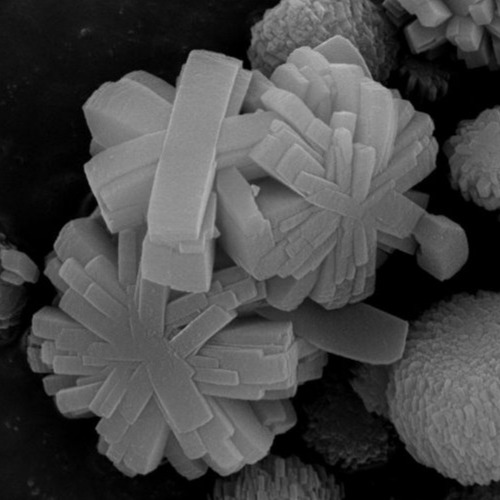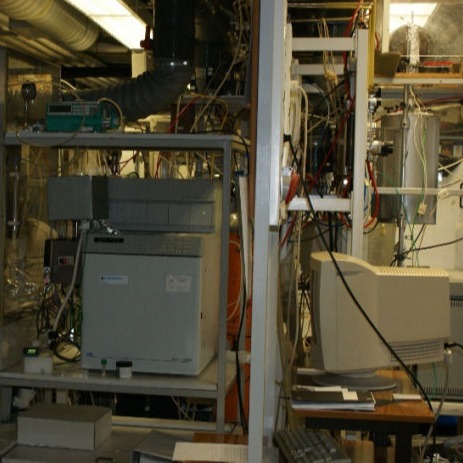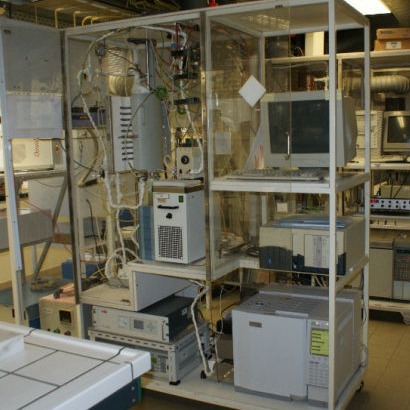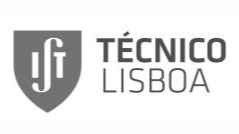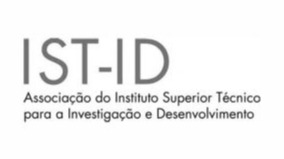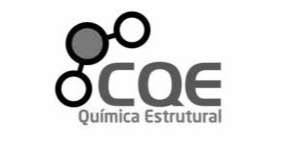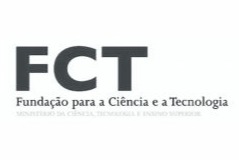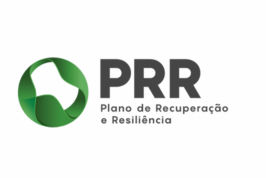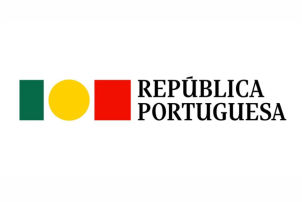Advanced materials synthesis and characterization
Zeolcat.pt group is dedicated and experienced in the synthesis and characterization of advanced and multifunctional materials, including hierarchical porous zeolite materials and metal-supported heterogenous catalysts. Our group uses alternative synthesis method,s together with advanced characterization techniques, to develop and design new catalysts with targeted properties for crude oil refinement and petrochemistry, biomass valorization, photocatalysis, etc. Synthesis methods include hydrothermal conditions, microwave-assisted heating and top-down, bottom-up synthesis strategies. Advanced spectroscopic techniques like Infrared and UV-Visible are used to characterize more in depth the different catalytic systems, under (in-situ) controlled conditions or under reaction, in order to give a better understanding of the relationship between the materials structure and their reactivity.
